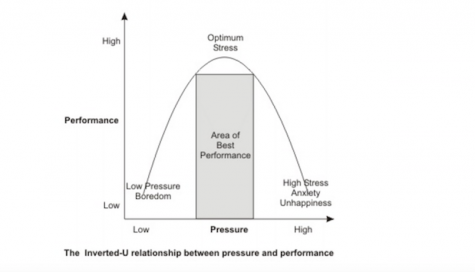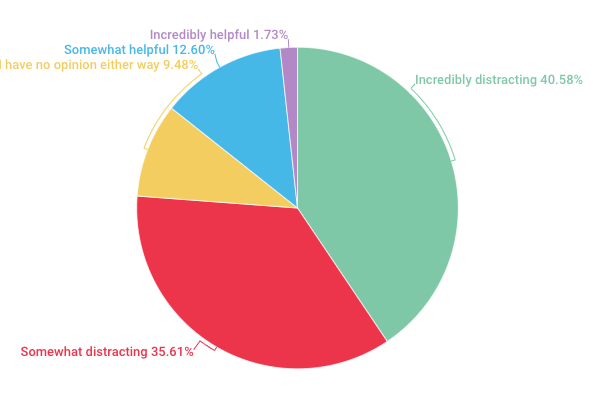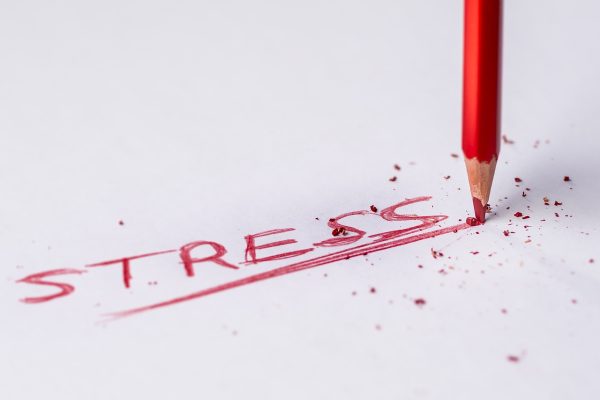Stress: What it is and How to Manage it
November 13, 2017
By: Krista Klabo, Ed.S., NCSP & Katherine Williams, Ed.S., NCSP
Young people, like adults, experience stress. It can come from a variety of sources including doing well in school, making and sustaining friendships, or managing perceived expectations from their parents, teachers or coaches. Some stress can be positive in that it provides the energy to tackle a big test, presentation or sports event.
Feeling stressed? You’re not alone. A 2013 survey by the American Psychological Association (APA) found that stress is extremely common among teenagers. Teenagers who responded to the survey report they’re experiencing what they think are unhealthy levels of stress, especially during the school year. In fact, school is the top source of stress for teens. Getting into a good college or deciding what to do after high school is the second-biggest source of tension. Also, stress is different for each of us. What is stressful for one person may or may not be stressful for another; each of us responds to stress in an entirely different way.
Additionally, some people think that zero stress makes us happy and healthy: wrong. Stress is to the human condition what tension is to the violin string: too little and the music is dull and raspy; too much and the music is shrill or the string snaps; and just enough stress creates the most beautiful music. The issue, really, is how to manage it. Managed stress makes us productive and happy; mismanaged stress can overwhelm. The following graph depicts the relationship between stress (pressure), performance, and optimum stress. This graph, The Inverted-U, was created by Robert Yerkes and John Dodson in 1908.

In order to stay in the “Area of Best Performance” or the optimal stress zone, people need to learn how to manage their stress. First, you need to understand your stress. Because everyone experiences stress differently, students need to reflect on how they stress. Next, identify your sources of stress. What events or situations trigger stressful feelings? Then learn your own stress signals. You may have a hard time concentrating or making decisions, feel angry, irritable or out of control, or experience headaches, muscle tension or a lack of energy. Gauge your stress signals. Finally, recognize how to you deal with stress. Determine if you are using unhealthy behaviors to cope. If you are using unhealthy behaviors or not managing your stress at all, think about ways to change your behavior. Below you will find a list of great ways to manage stress.
Stress Management Strategies
- Deep Breathing /Mindfulness. Being present in your day can help you focus on the moment and task at hand versus worrying about the future.
- Organization. Find an organization system that works for you; planner, Google Calendar, etc. Being organized helps reduce the stress of timelines, homework, and due dates.
- Move your body. Physical activity is one of the most effective stress busters. Find activities you enjoy and build them into your routine such as yoga, hiking, biking, skateboarding or walking.
- Sleep. Ideally, adolescents should get nine hours a night. Most teens, though, are getting less.
- Take care of yourself. Drink water and eat healthy food. A healthy body supports a healthy mind.
- Balance. When you plan your week, schedule time to get schoolwork done, but also schedule a time to have fun. When it’s time to enjoy yourself, try not to worry about school or homework. Focus on having fun.
- Enjoy yourself. Find other hobbies or activities that bring you joy. That might be listening to music, going to the movies or drawing. Make a point to keep doing these things even when you’re stressed and busy.
- Let yourself shine. Spend some time really thinking about the things you’re good at, and find ways to do more of those things.
- Reach out for support. Accepting help from supportive friends, a trusted adult, and family can improve your ability to manage stress. If you continue to feel overwhelmed by stress, you may want to seek outside support, who can help you better manage stress and change unhealthy behaviors. At school you can access support from a trusted adult (coach, teacher, advisor), school counselor, or school psychologist.
Remember stress is a healthy and normal feeling. We all have to live with stress through coping strategies and a support system.
Peer pressure: No matter who your friends are, you may be or feel pressured to partake in something you don’t feel comfortable doing. This can cause a lot of stress on you. There are ways to deal with this peer pressure. You can use coping skills to lower your stress level, and you can use these strategies suggested by kidshealth.org:
-Listen to your gut: if you feel uncomfortable, it’s ok
-Plan ahead to what you might say and do
-Arrange a “bail out” with a parent/guardian/friend
-Feel comfortable saying no
-Hang with people who are more like you 🙂
It is hard to resist peer pressure, but in the end you will feel better about yourself










